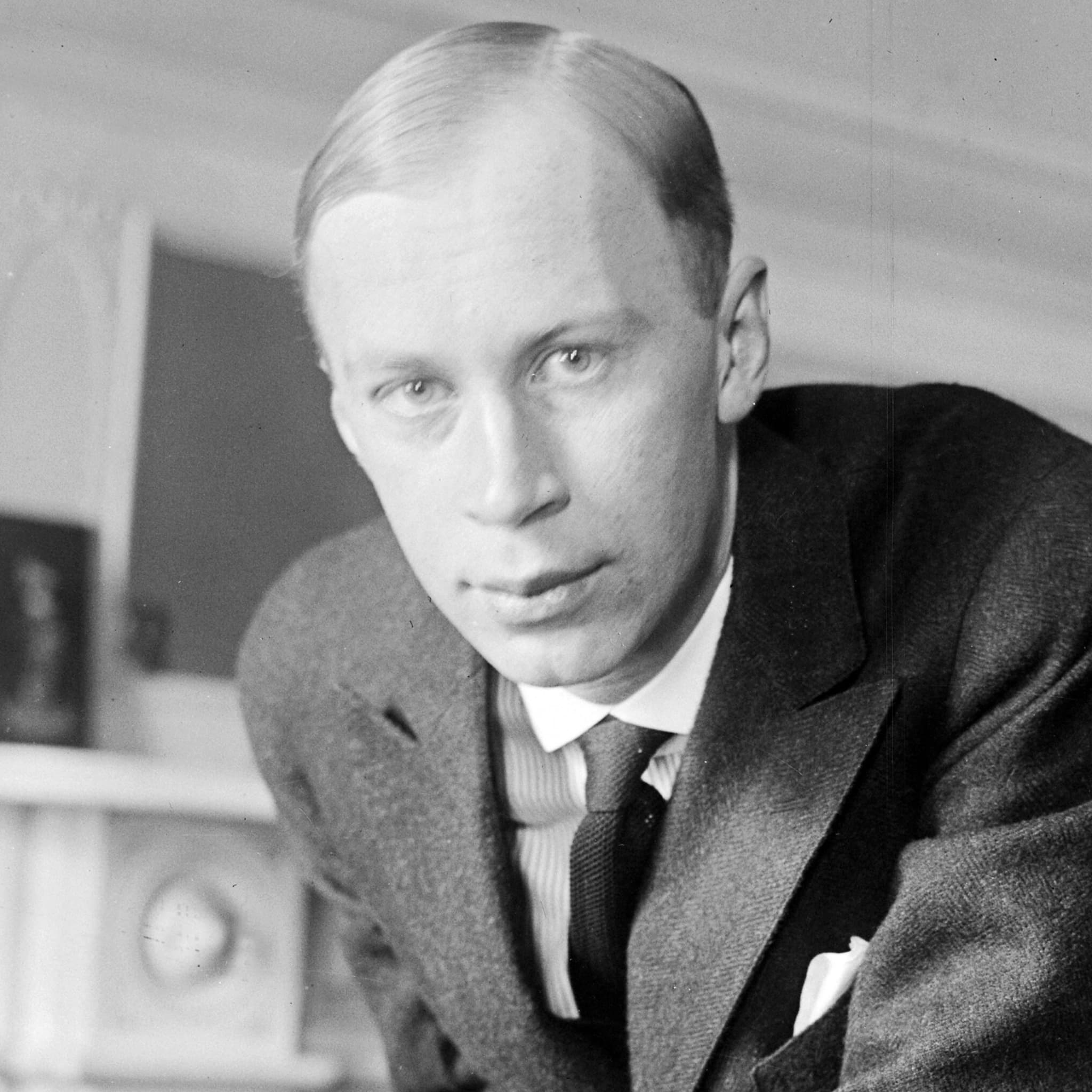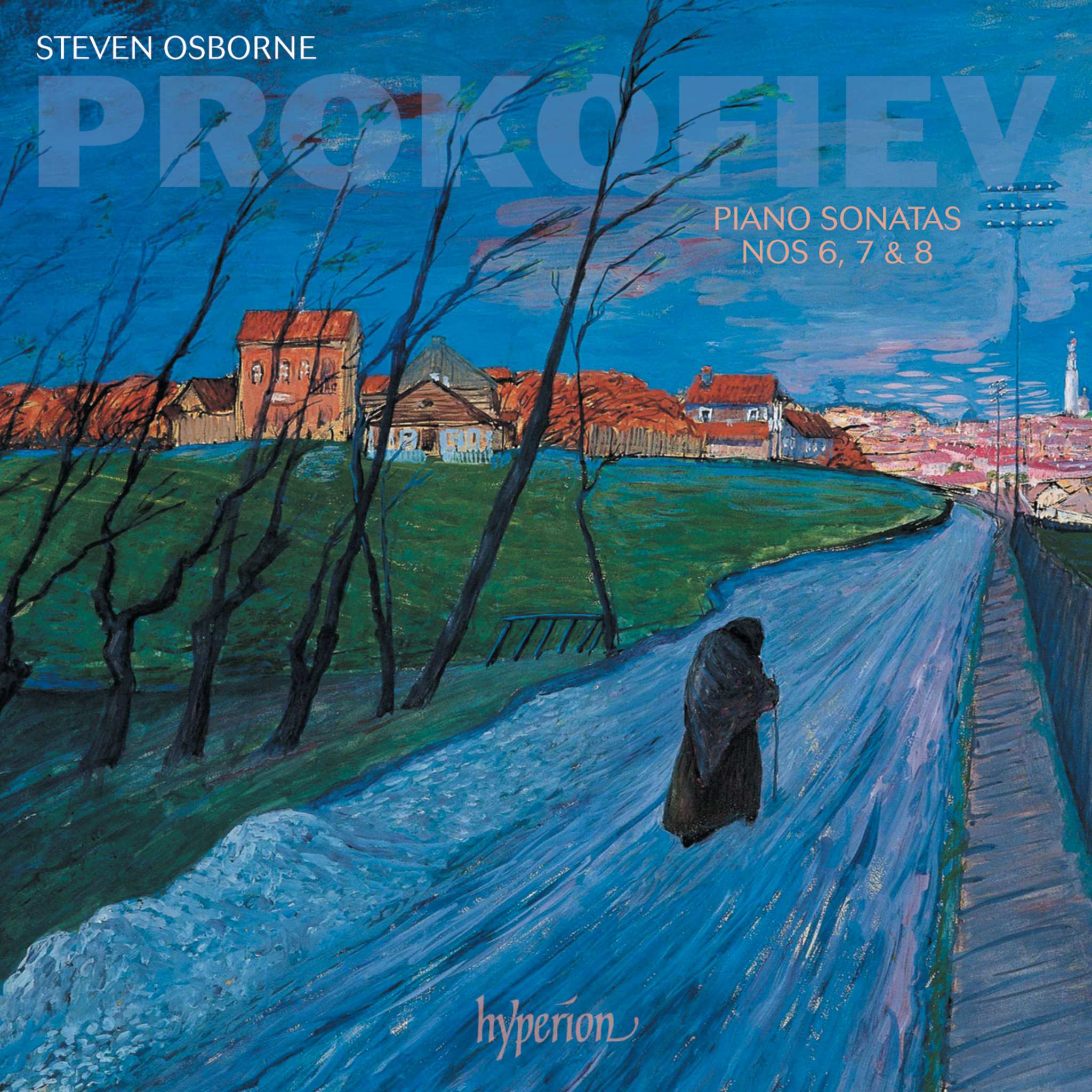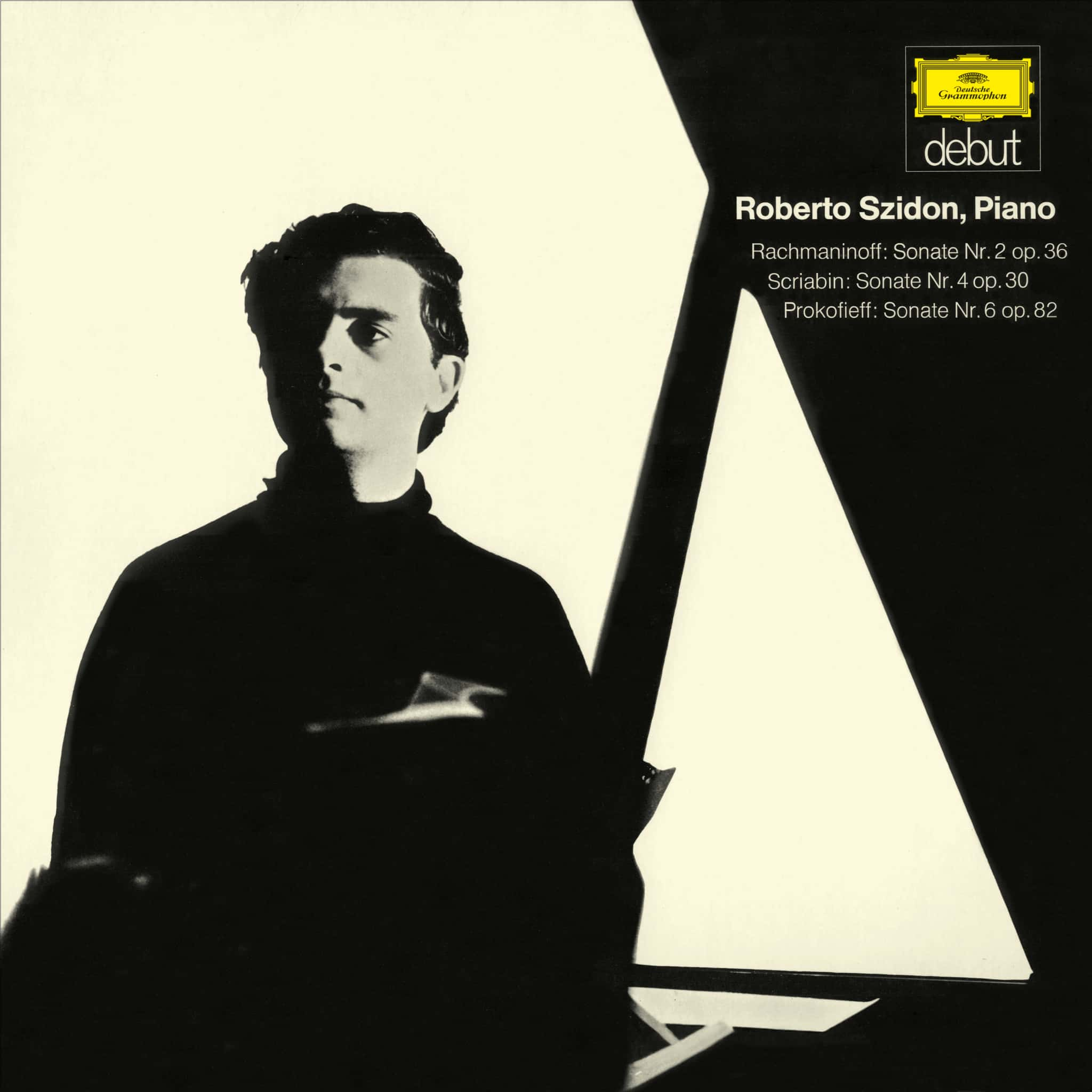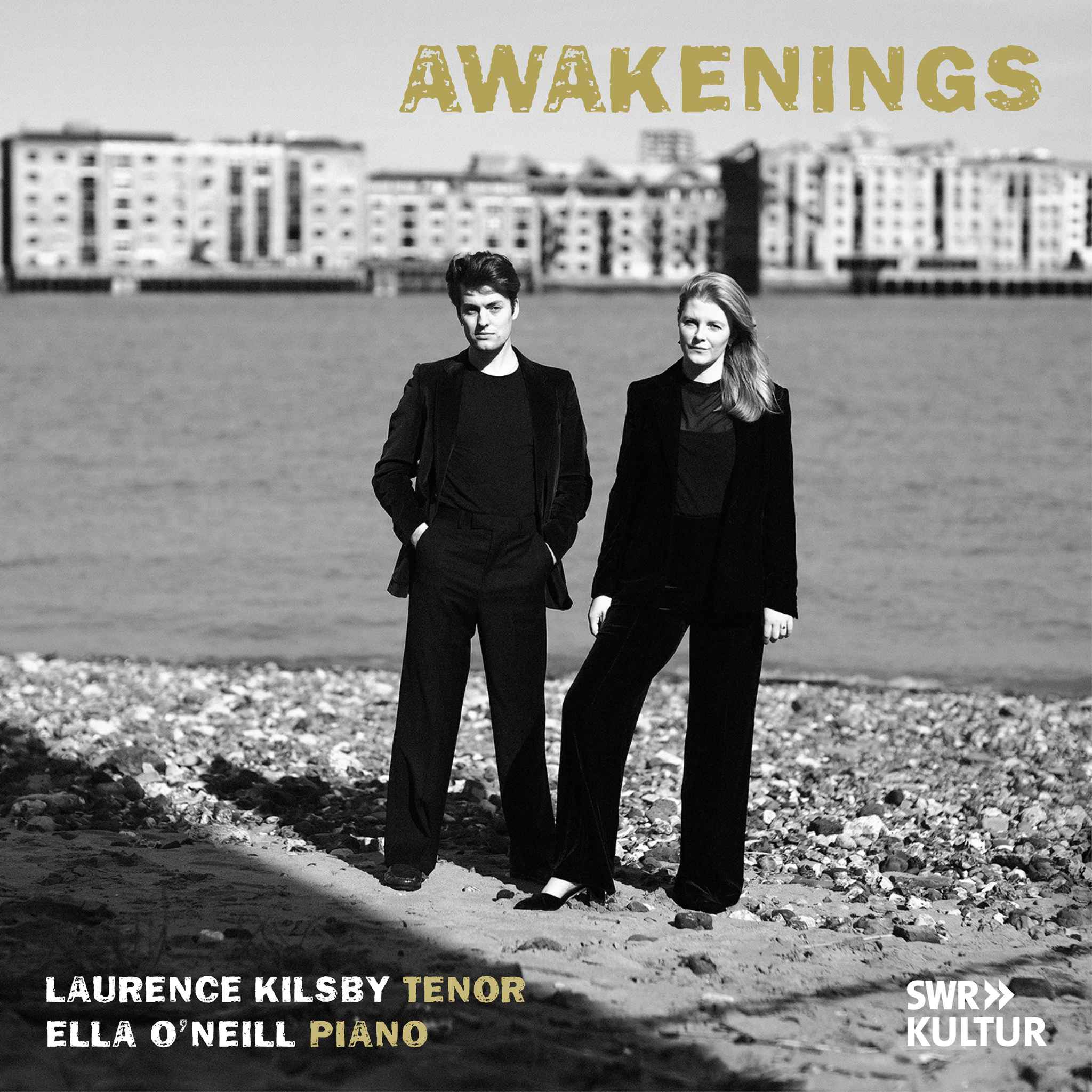Sergei Prokofiev: A Journey through the 20th Century's Musical Legacy
Discover Sergei Prokofiev's life and music, from his early beginnings as a precocious prankster to his transformation into one of the 20th century's most inventive figures, and his tumultuous life under Stalin's rule. Explore his vast and perplexing musical legacy.
Prokofiev's Early Years and Musical Beginnings
Sergei Prokofiev, one of the most celebrated composers of the 20th century, is renowned for his innovative and emotionally charged works across multiple genres, including symphonies, concertos, operas, and ballets. His life and career were marked by both artistic triumphs and personal challenges. Prokofiev was born on April 23, 1891, in Sontzovka, Ukraine, then part of the Russian Empire. His mother, a skilled pianist, introduced him to music at a young age. By five, he had composed his first piece, and by ten, he had written his first opera. At 13, he entered the St. Petersburg Conservatory, where he studied piano, conducting, and composition. He was known for his modernist style, often shocking critics with his unconventional harmonies and rhythms.
A Visionary in the World of Opera and Ballet
Prokofiev's works are notable for their technical difficulty and innovative style. His "Classical Symphony" (1917) is a landmark work that showcases Prokofiev's ability to blend classical forms with modern elements. It was premiered in Petrograd in 1918 and received positive reviews. His ballet, "Romeo and Juliet" (1935-1940), based on Shakespeare's tragic love story, is one of Prokofiev's most famous works. It was initially drafted and orchestrated during his time in the Soviet Union. His piano concertos, particularly the Second Piano Concerto, were also known for their technical difficulty and innovative style.
The Impact of Revolution and Relocation: From Russia to the West
After living in Paris from 1923 to 1936, Prokofiev returned to Russia, expecting a supportive environment for his art. However, he faced increasing pressure from the Soviet government under Stalin to produce music that conformed to official standards.
The Return to Russia: Changing Styles and State Control
Prokofiev's return to Russia marked a significant change in his career. The pressure from the Soviet government to conform to official standards significantly impacted his creative freedom and resulted in a shift in his musical style.
The Later Years: Trials, Health Problems, and A Lasting Legacy
In 1945, Prokofiev suffered an aneurism, which significantly impacted his ability to work. Despite these challenges, his legacy remains strong and his works continue to be celebrated for their innovation and emotional depth. His life and career serve as a testament to the power of artistic expression in the face of adversity.























